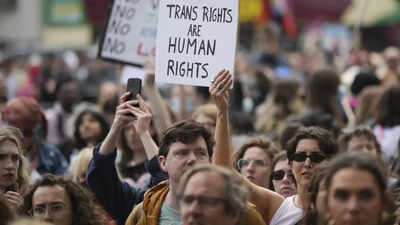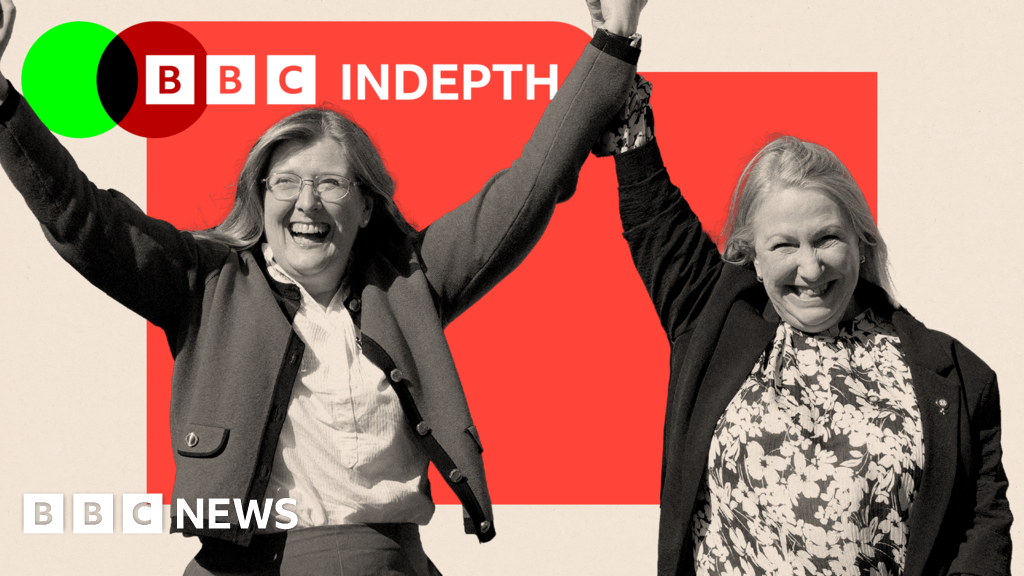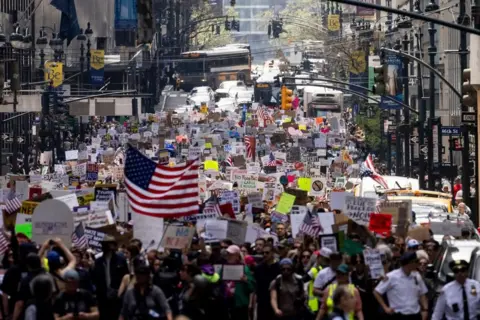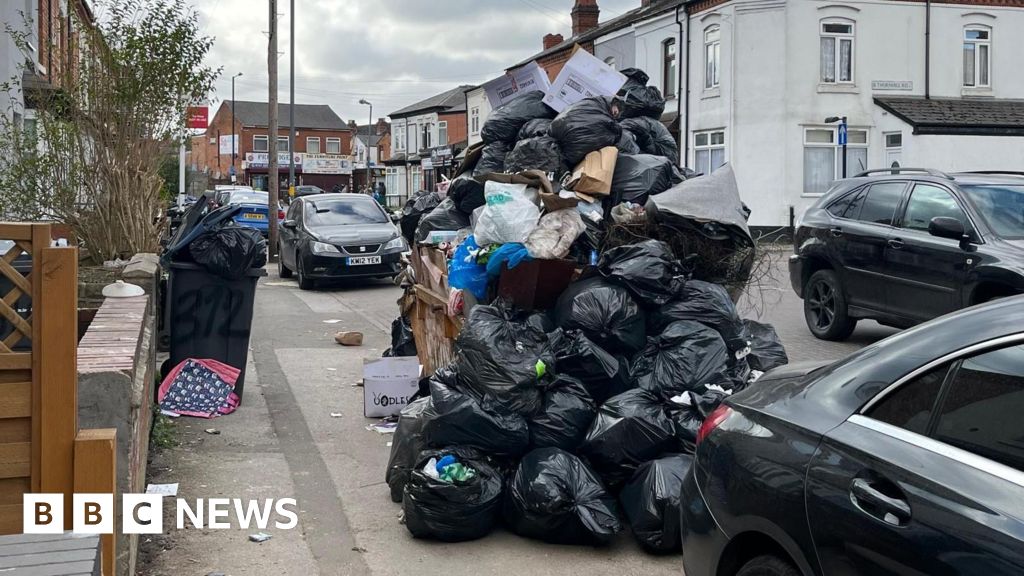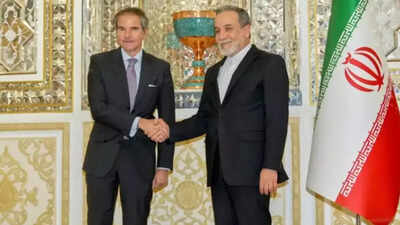U.S. Considers Walking Away from Russia-Ukraine Peace Negotiations
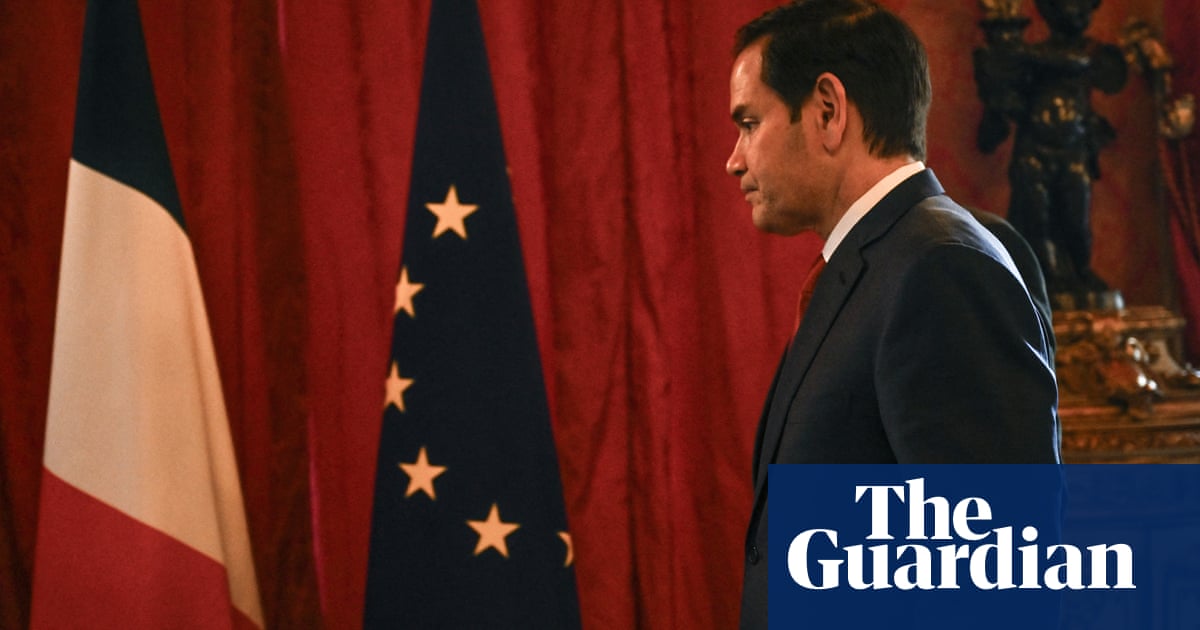
In the intricate world of diplomacy, one fundamental principle remains: the willingness to walk away from a negotiating table can be pivotal to a successful resolution. However, recent developments suggest that the Trump administration's approach to the ongoing Russia-Ukraine conflict may be driven more by a lack of focus rather than a strategic maneuver. This raises significant concerns regarding the administration's ability to engage effectively with such a complex issue, a challenge that has characterized its foreign policy during its initial months in office.
During a visit to Paris, U.S. Secretary of State Marco Rubio articulated a stark warning: the United States may consider stepping back from its role as a mediator in one of the most consequential military conflicts in Europe since the end of World War II. This potential shift comes amidst a broader trend where the administration has shown a tendency to reassess its commitments, as illustrated by its recent retreat from negotiations aimed at reaching peace in Gaza and its decision to roll back previously imposed global tariffs that had caused instability in financial markets.
Diplomatic endeavors can be fraught with difficulty and uncertainty. The 24-hour timeline that President Donald Trump once proposed for ending hostilities in Ukraine has long since elapsed, and the administration has yet to undertake the arduous diplomatic engagements that have historically paved the way for significant agreements, such as the Dayton agreement and the Camp David accords.
While there have been numerous meetings involving key players, including Trump envoy Steve Witkoff's three discussions with Russian President Vladimir Putin, the outcome remains troublingly stagnant. Witkoff has spent hours listening to Putin's perspectives on the conflict, and Rubio has engaged in phone conversations with Russian Foreign Minister Sergei Lavrov while also meeting with Ukrainian officials and European leaders in Paris. Yet, there is scant evidence that any meaningful progress has been made or that the U.S. has effectively pressed the Kremlin to consider compromises that would ensure an end to hostilities.
One troubling aspect of the current diplomatic strategy appears to be a lack of depth in the U.S. offer, suggesting a Trump deal ethos that minimizes the time and effort required to achieve a resolution. Rubio expressed his frustrations clearly, stating, Were not going to continue to fly all over the world and do meeting after meeting after meeting if no progress is being made. He highlighted the urgent need to prevent further loss of life, emphasizing that the U.S. was prepared to pivot to other pressing issues if meaningful dialogue does not materialize. If theyre serious about peace either side, or both we want to help, he added. If its not going to happen, then were just going to move on.
This sentiment reflects a growing impatience within the administration, particularly after Trump indicated from the White House that he was awaiting a response from Russia regarding a proposed framework for peace, hoping to finalize it within the week. With rising frustration directed at Moscow, the administrations stance appears increasingly untenable, a development that European and Ukrainian officials had hoped would elicit a more constructive response from Russia.
Should the U.S. choose to disengage from negotiations and the conflict as a whole, such a move would greatly benefit Putin, offering Russia a strategic advantage by removing a crucial ally and financial supporter from Ukraines corner. The Kremlin seems poised for various outcomes: either securing a favorable settlement with the White House or biding its time until Trump potentially loses interest in the negotiations.
Despite the prevailing pessimism, there are voices of hope within the administration. JD Vance, the Ukraine-skeptical vice president, conveyed optimism in a conversation with Italian Prime Minister Giorgia Meloni, suggesting that there are some developments even in the past 24 hours that could signal a path toward a ceasefire.
Nonetheless, insights from Rubio and Witkoff indicate that the parties involved remain firmly entrenched in their initial positions, with little headway made. A recent report from Bloomberg highlighted that the U.S. had proposed sanctions relief for Russia in exchange for a deal, an idea that Rubio had floated during his confirmation hearings earlier this year. In a surprising moment during an appearance on Fox News, Witkoff expressed astonishment at Russias demands, which seem to encompass far more than merely achieving a ceasefire. Its just a lot of detail attached to it, he stated, acknowledging the complexity of the situation.
The negotiations surrounding a ceasefire in Ukraine have always faced challenges stemming from a lack of expertise. Currently, it seems the administration is not only grappling with this expertise gap but is also showing signs of impatience, signaling a readiness to walk away from the table. Unfortunately, for Ukraine, the option to step back is not availableit remains in the thick of a perilous conflict.

















